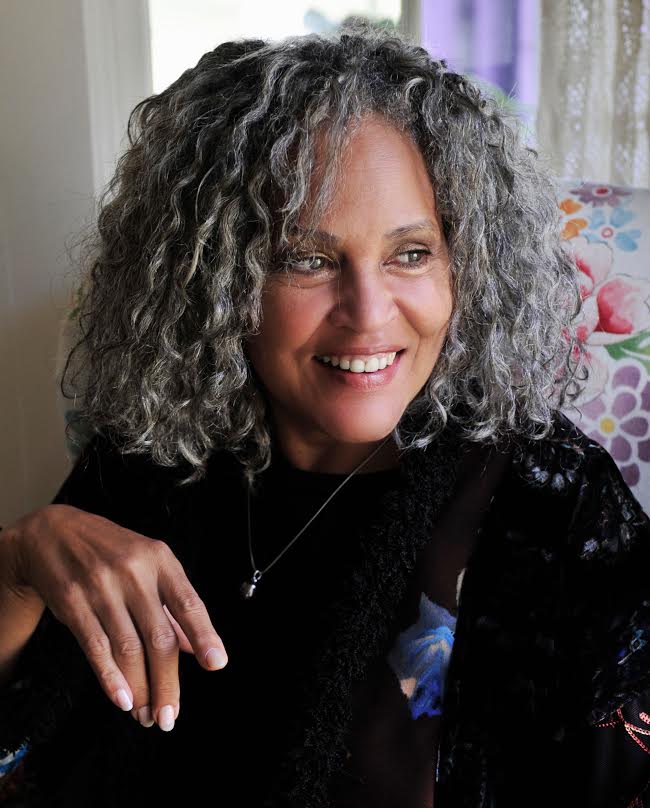By Sasha Rivera
Staff Writer
Scripps College announced that the speaker for the 88th annual commencement would be Charlayne Hunter-Gault, an award-winning journalist and civil rights activist. Hunter-Gault was the first African American woman, and one of the first African American students in general, to enroll in 1961 to the University of Georgia. She later became the university’s first African American commencement speaker as well. Hunter-Gault is best known for her journalistic work with PBS, NPR, and the New York Times, but she has also written several books, such as To the Mountaintop: My Journey Through the Civil Rights Movement (2012), about her activism and developments in Africa. Some of the awards she has received include George Foster Peabody Broadcast Awards and national news and documentary Emmy Awards.
Hunter-Gault was born on born on February 27, 1942, in Due West, South Carolina and she grew up mostly in Georgia. Inspired as a child by the comic strip Brenda Starr, which was about an adventurous reporter, she decided to pursue journalism, although her college options while living in the South were limited. In a movement to integrate the all-white colleges in the South, civil rights activists approached Hunter-Gault, who was ranked third in her class, and she requested to attend the University of Georgia for its journalism program. Although initially denied, after a court ruling, she and another African American classmate were admitted. Despite facing many challenges such as protests, little aid from law enforcement, and segregation, she was able to graduate in 1963 with a journalism degree (Biography.com).
She went on to work for the New York Times after graduation, where she eventually became the head of the Harlem Bureau and made progressive changes in how the paper wrote about African Americans. In 1978, Hunter-Gault began working for PBS, covering national and international news stories for the MacNeil/Lehrer Report; alongside her reporting she hosted the human rights-focused show called Rights and Wrongs. In 1997, she began working for NPR as the African bureau chief, which relocated her to Johannesburg, South Africa. She quit NPR a couple years later and became the Johannesburg Bureau chief for CNN until 2005, after which Hunter-Gault returned to NPR (Biography.com). Alongside her journalistic career, Hunter-Gault and her husband also produce wine that is exported to the US from South Africa.
Natalie Johnson, a Scripps senior and a member of commencement search committee, met Hunter-Gault at a party through her aunt. In an interview, she stated that she suggested Hunter-Gault for the role as a way to push Scripps College towards inclusive feminism and practicing what is taught in the classrooms. When asked about the journalist’s character, Johnson said,
“Charlayne is a force of nature. She is vivacious and has an unmistakably strong presence in any room. I could tell she was a journalist the first time we spoke. She has this intuition and laser focus in her eyes that made me feel like I was the only person in the world. She spoke to me as if she had seen something in me that I had yet to see or learn about myself.”
Moreover, when asked why Hunter-Gault is a good choice and how her being the commencement speaker would affect the Scripps community, Johnson replied that,
“…she embodies the tenacity that Scripps empowers women to cultivate. In reading her biography In My Place (1992), I came to appreciate the bravery and heart she carried throughout her time integrating the University of Georgia and throughout her career. Breaking glass ceilings is a theme in her life and something she does with an amazing amount of grit…In the midst of the Me Too movement and one year into the Trump presidency, I imagine she will inspire the audience to be brave and find ‘their place.’ In addition, Scripps values challenging dominant narratives. Charlayne’s contributions to the civil rights movement are quite amazing to say the least. Recognizing her for her activism helps to emphasize the role of women in the movement in ways outside of the dominant narrative.”
Having someone like Hunter-Gault, who played a significant role in the civil rights and integration movements, as the commencement speaker is an important step for Scripps College. Despite having the Histories of the Present: Violence Core classes, which focused on racism and colonialism, the college has received backlash for past commencement speakers like Madeleine Albright. The 64th US Secretary of State seemed on the surface like an impressive choice, but students and professors argued against the decision because of Albright’s foreign policy roles during the Clinton administration, as well as her comments that women who did not support Clinton’s presidential campaign in 2016 deserved a “special place in hell” (LA Times). Albright was critiqued as a representation of US imperialism and toxic white feminism because she supported US sanctions that led to the deaths of millions of people, especially Iraqi children. When students are required to take classes like Core that often discuss colonialism and imperialism, it is a shocking contrast when the school then chooses an imperialist as a commencement speaker. While it is unknown if the decision to choose Hunter-Gault was genuine and not an attempt to cover up Scripps College’s problematic past, it is a step in the right direction; hopefully the college will continue to choose speakers that empower marginalized people and represent the values actually taught in courses like Core.
Photo courtesy of Case Western Reserve University



